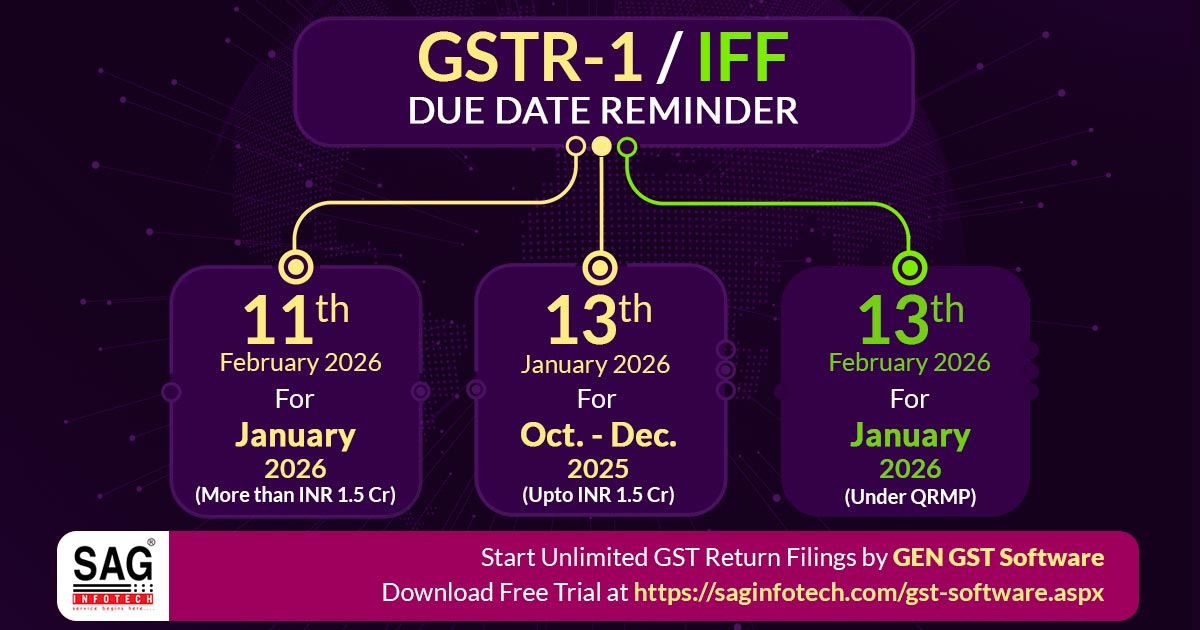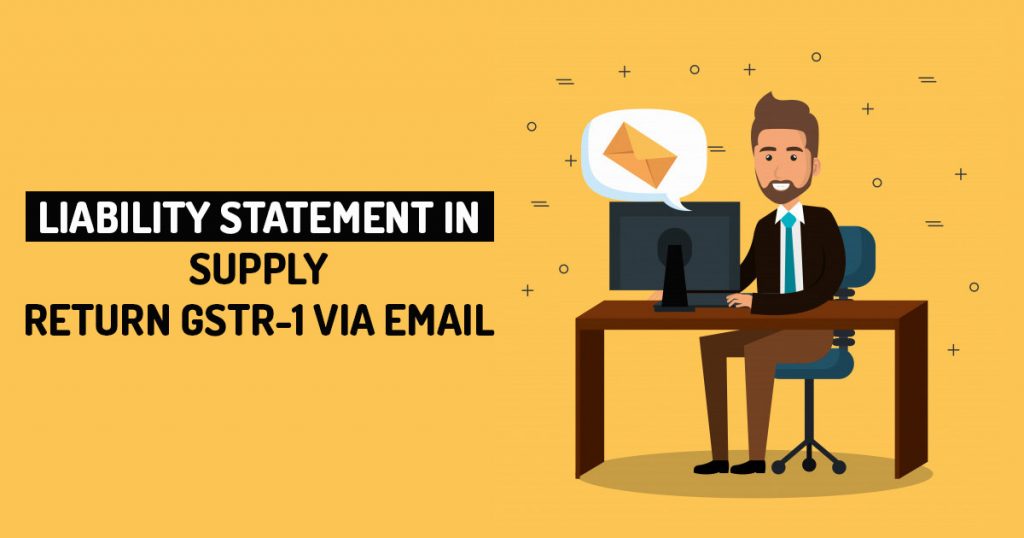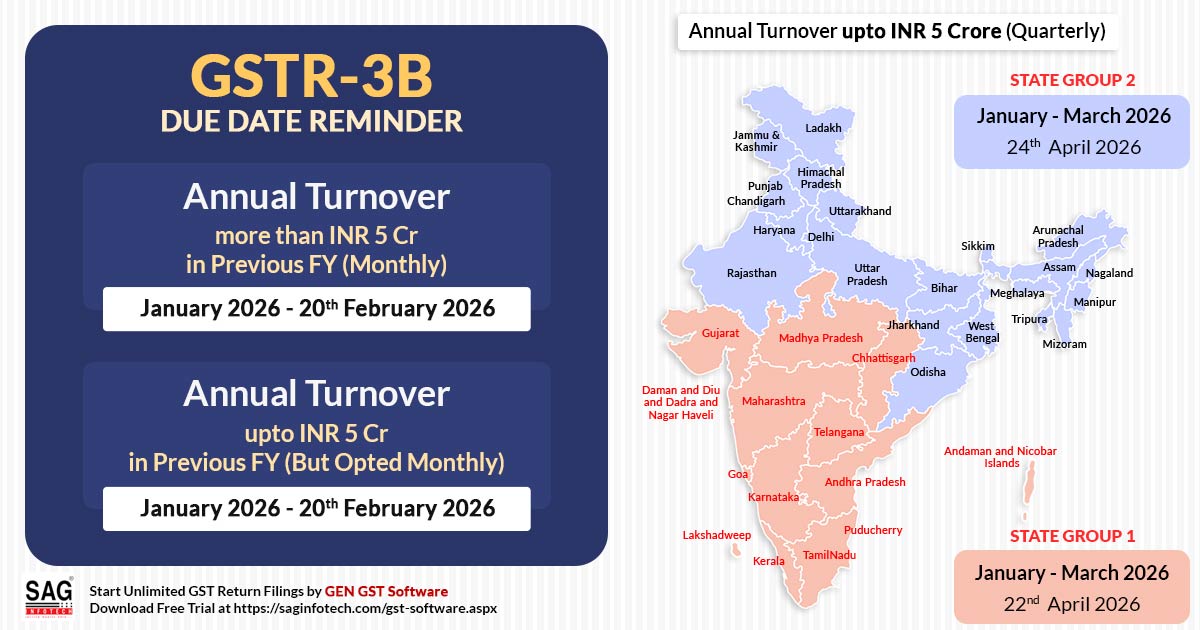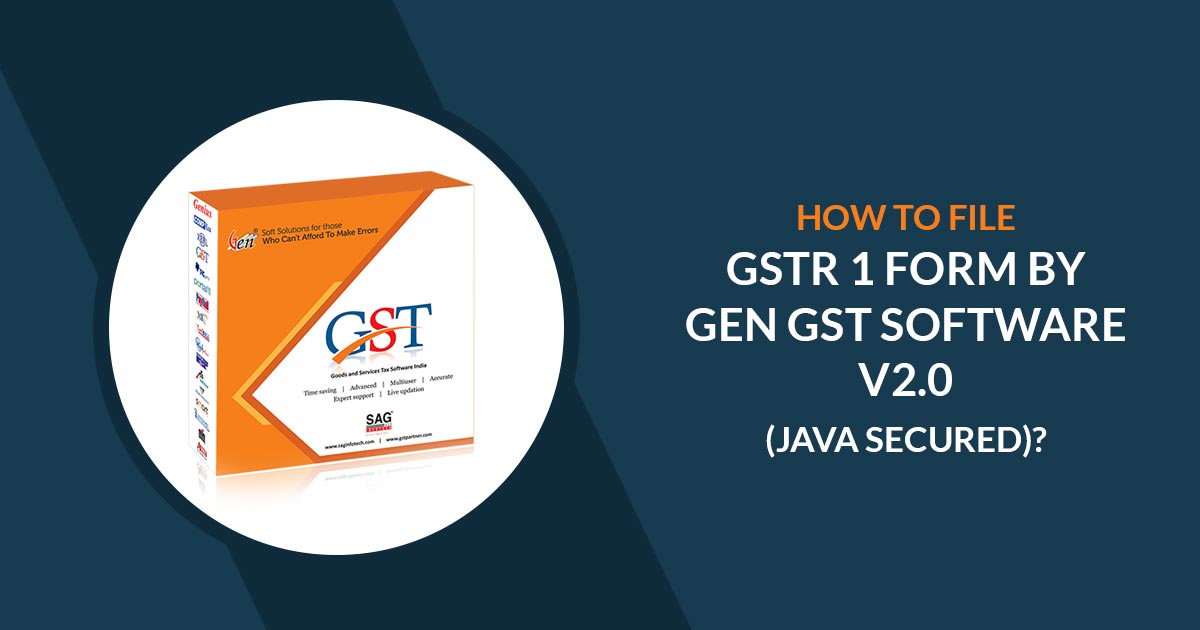Prakash Kumar Chief Executive Officer at Goods and Services Tax Network (GSTN) on Thursday informed that they are developing a system to send the statement of liability reflected in supply return GSTR 1 

However, the liability in GSTR 1 needs to be matched with the data of GSTR 3B to avoid any error and wrong payment . The form is normally filled by the seller by the 11th of the succeeding month. The Form contains important details of outward supplies invoice-wise and category-wise. Whereas the form GSTR 3B 
GSTR 3B contains Category-wise summarized details of inward and outward supplies along with the tax payment details. The GSTR 3B needs to be filled between 20-24 of the succeeding months per the category of the taxpayer.
Read Also: Guaranteed Solved! GSTR 3B & GSTR 1 Common Errors

In an Assocham event Prakash Kumar said that “Very shortly we are going to give a pdf, where respective tables of liability of GSTR 3B based on GSTR 1 will be shown and sent via email to all taxpayers. The idea is whatever you have filed in the GSTR 1 
“We have done some scoring, risks scoring and then we are working to categorise we call it classification of tax payers, based on different groups to find out who are the outliers who do not follow the same pattern,” Kumar added.








